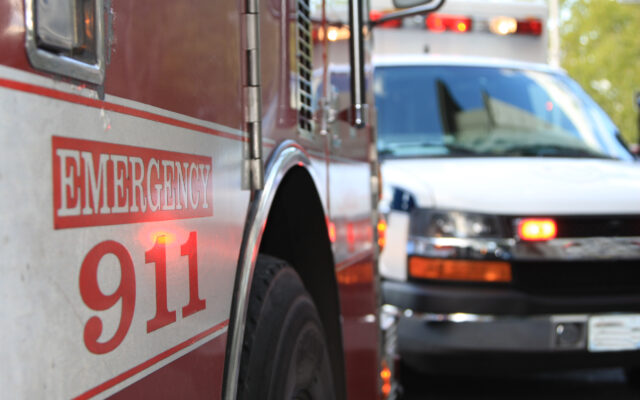Illinois House approves assault weapons ban, bill heads to state Senate

▶ Watch Video: Illinois House approves assault weapons ban, bill heads to state Senate
In the wake of the Highland Park massacre, the Illinois House on Friday approved a bill which would ban the sale, manufacture, delivery and purchase of assault weapons. The bill is expected to pass the state Senate and be signed by Gov. J. B. Pritzker this week.
It would ban the sale and possession of assault weapons and high-capacity ammunition like those used in the July 4 Highland Park parade shooting which killed seven people and wounded dozens more.
The suspect in the attack, 21-year-old Robert E. Crimo III – who prosecutors said opened fire onto the parade from a rooftop — has been charged with more than 100 felony counts, including murder and attempted murder.
Under the bill, those who already own weapons on the banned list can keep them, but would need to register them with Illinois State Police within 300 days.
Lauren Bennett, who was at the parade with her family, was shot twice, but survived.
“And I was lucky, because I got out of there alive,” Bennett told CBS News this week. “A centimeter in any direction and I wouldn’t be here talking to you.”
The bill had been debated for years, but found renewed support following the Highland Park shooting. Bennett was among those who testified at a hearing with state lawmakers last month in support of it.
“I’m hoping we can save lives,” Bennett told CBS News of her decision to speak out. “I’m hoping another parade isn’t the site of another mass shooting.”
In July, just weeks after the attack, Highland Park Mayor Nancy Rotering testified before Congress, calling for a federal assault weapons ban.
“You have to ask yourself, ‘Why do our laws permit somebody to be able to shoot 83 rounds in under a minute?” Rotering told CBS News this week.
“We need to stop talking about our gun culture and talk about our human rights, our right to live free from fear of violence,” Rotering said.
Jackie Sundheim, 63, was one of the seven people killed in the Highland Park shooting.
“For me, there is just a massive hole in my heart, hole in my life,” her husband, Bruce Sundheim, told CBS News, as he and their daughter, Leah Sundheim, sat down for their first interview since the murder.
“It’s just the sheer impact of how many people knew her and she touched,” Leah said.
“As a society, we have to get to a place where someone can’t just wake up and say, ‘I’m going to go out and shoot 50 strangers,'” Bruce said.



